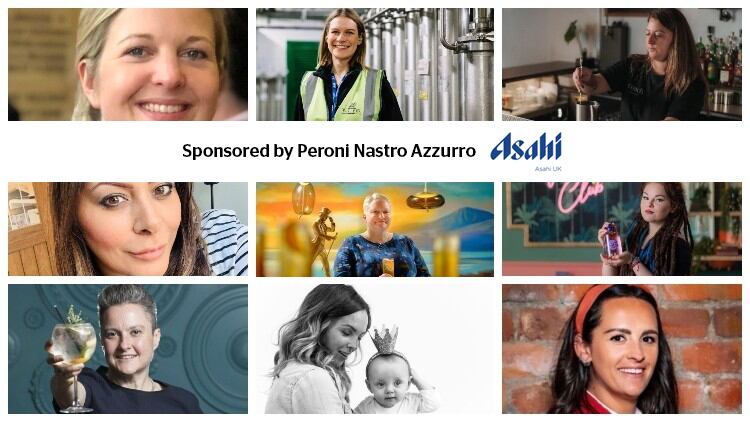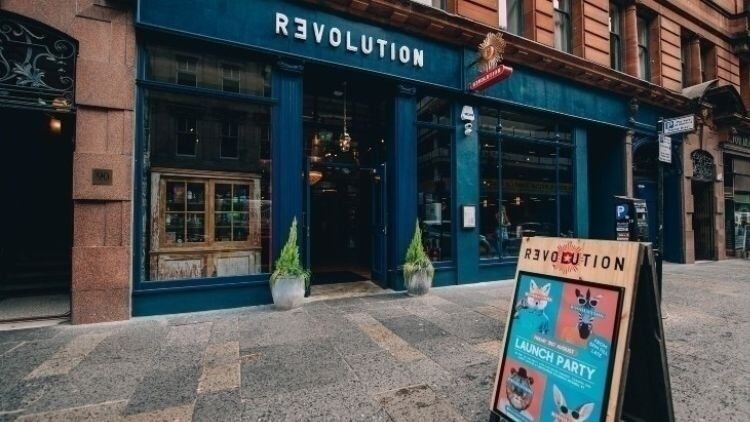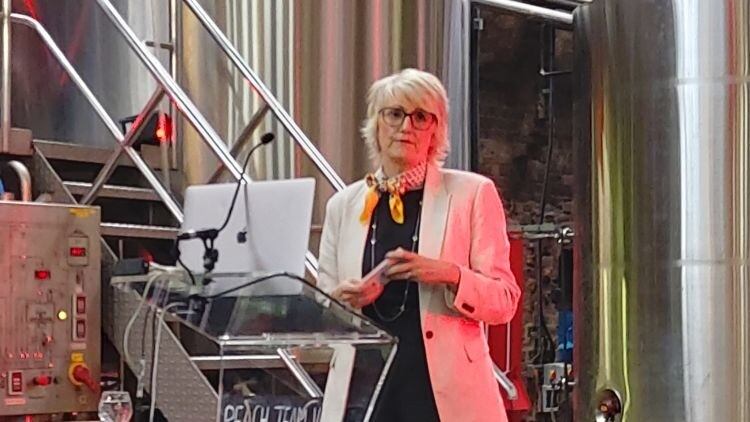Anja Gottschalk, Asahi UK, Peroni Nastro Azzurro Marketing Manager
Time in the trade
18 months in current role but 14 years of 16 year career in the drinks industry (beer and spirits).
Best advice received
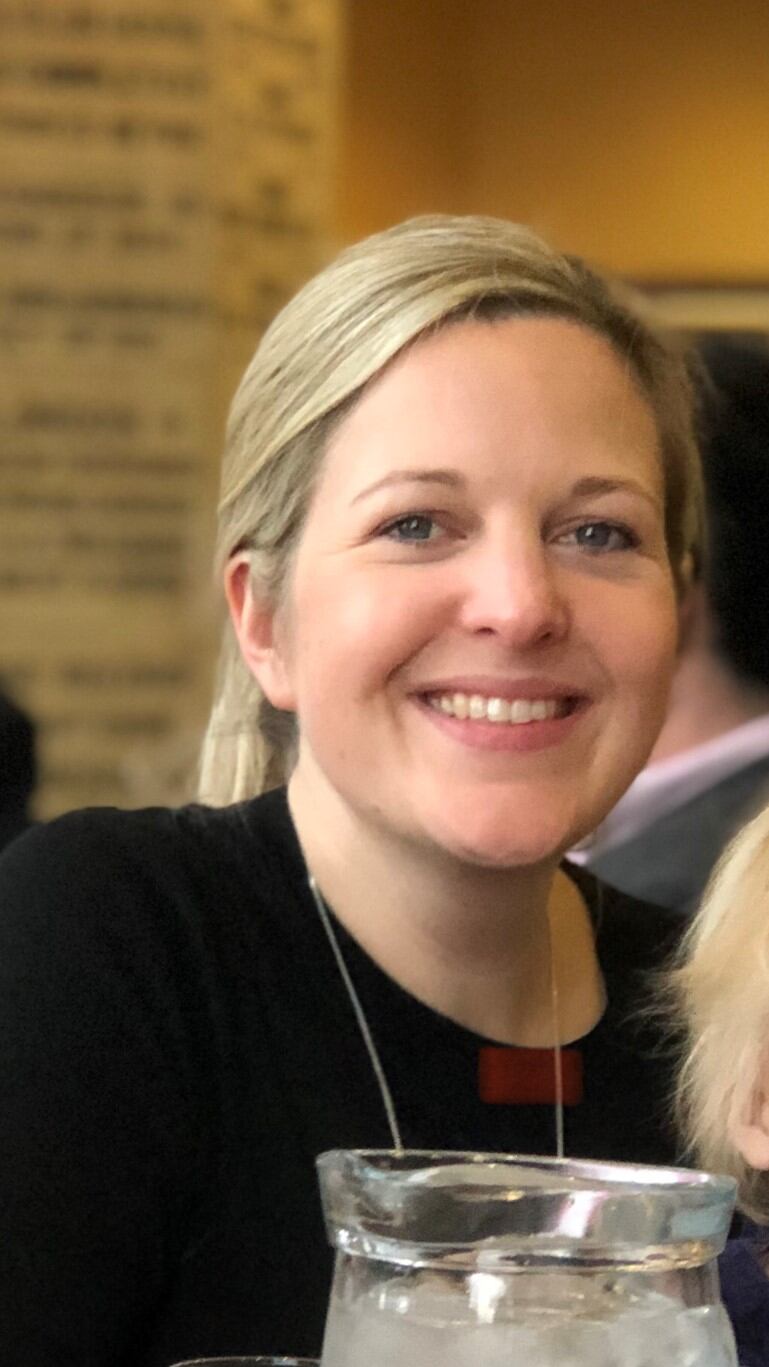
It’s better to be a small fish in a big pond than a big fish in a small pond.
Best advice given
It’s better to regret the things you tried and didn’t succeed in, than to regret not trying at all.
Challenges faced
Biggest and ongoing challenge is getting and maintaining the balance between good parenting and a successful career.
Have things changed for women since you started your career in the sector?
Gradually in terms of more focus on supporting female progression, but the biggest change that affected my career was the pandemic, where working from home and now more hybrid working has allowed me to balance work and parenting more successfully, without feeling like the odd one out.
What barriers are there to still overcome and how would you suggest this is tackled?
The industry is still heavily male-led, and this needs to be a continual focus for all businesses to address to ensure diversity at all levels and functions.
It needs to start with recruitment at all levels, but also in development plans and opportunities internally.
How can the sector #BreakTheBias?
Leaders need to understand diversity will result in greater business success, and processes need to be set up to ensure changes can be implemented easily across all functions and levels.
Everyone needs to play their part even if they are not in leadership positions in including others, valuing their ideas and differences, and respecting that person and the commitments they face outside of their job.
Esha Johal, UK Market Insight Manager, Asahi
Time in the trade
5 years
Best advice received
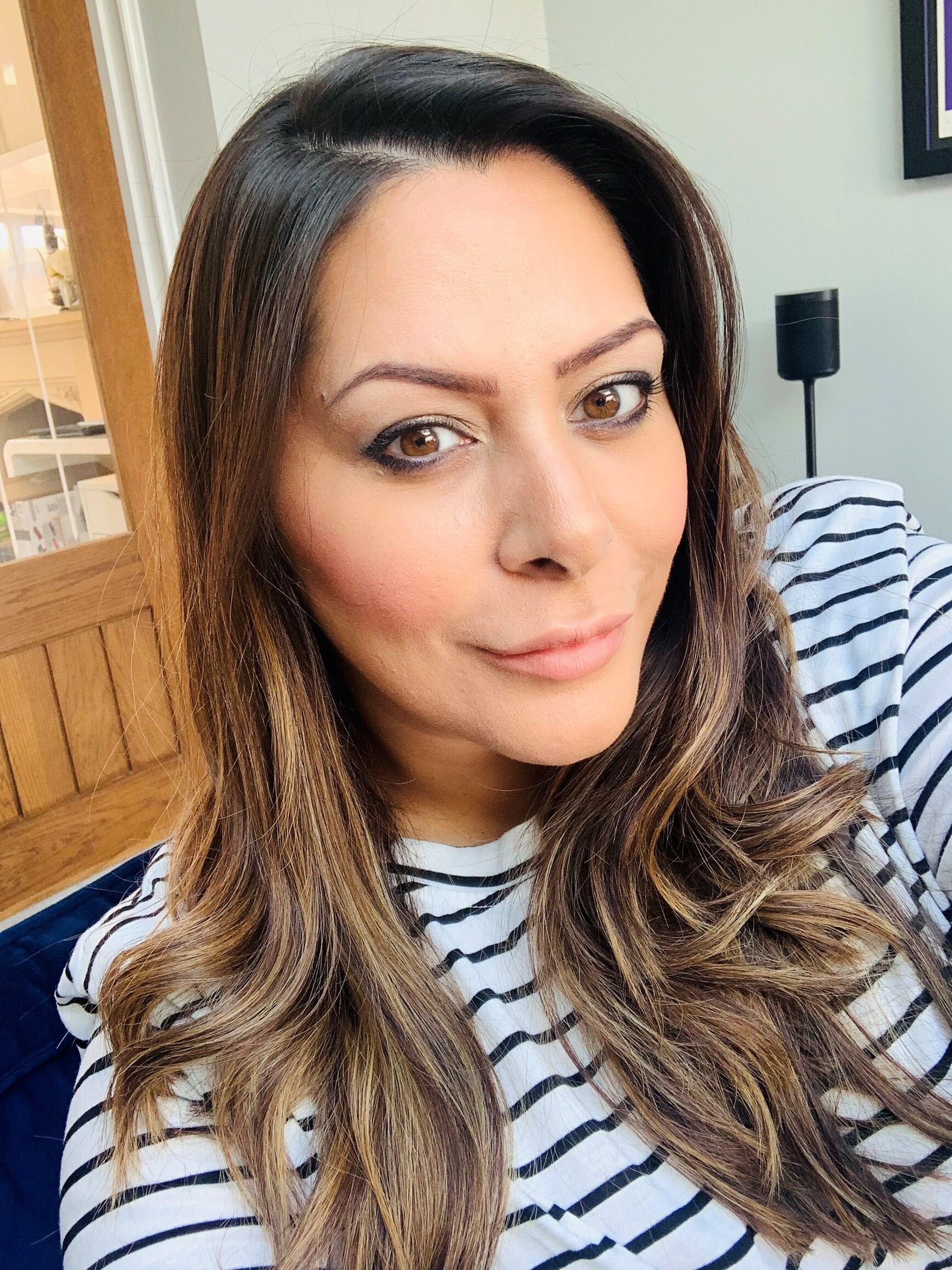
Never stop learning and always value your network.
Best advice given
Don’t be afraid to be yourself.
Challenges faced
The drinks industry itself is quite a male dominated sector, however, I do feel the workplace has made tremendous strides in changing perceptions, creating more of an inclusive environment.
There is still more to be done but we are definitely moving in the right direction, a key challenge for this industry is retaining women as they move higher up within the business, this may be down to career breaks to start a family, but this could be improved with a tailored plan to help that transition back into the business.
Have things changed for women since you started your career in the sector?
There is a wider understanding and acceptance of women who have children at work, the flexibility around working hours and childcare has improved a great deal and women are more comfortable talking about achieving their work life balance in the workplace.
What barriers are there to still overcome and how would you suggest this is tackled?
Attracting women into a male dominated industry is a barrier in itself, but I do believe the portfolio of brands now available are more appealing to both men and women.
There has been huge innovation in Hard Seltzers and Cider which could potentially help overcome this barrier and draw more women into working in the drinks industry.
How can the sector #BreakTheBias?
The fact working from home is now widely accepted for both men and women will help break the bias as such, achieving the work-life balance within this sector can be tricky but the appreciation of employees with children and external influences that may affect their working day is accepted and there is no longer the feeling of guilt that you are not able to fulfil your role within a specific time frame.
Emma Knowles, Head of Engineering, Asahi
Time in the trade
12 years in manufacturing engineering, 5 months in brewing in Asahi.
Best advice received
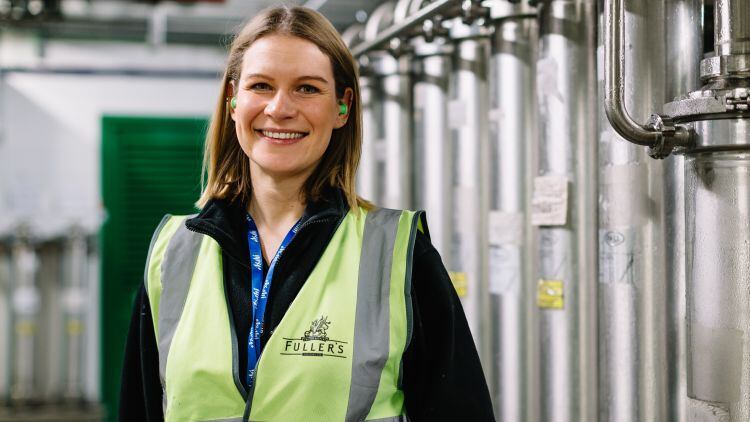
Be yourself.
Best advice given
Don’t stay where you are not valued.
Challenges faced
I have always worked in a manufacturing or construction environment, which has presented many challenges.
My earliest memorable encounter with bias was as a young engineer in a project engineering team; I was asked to do the capital projects administration role, while the other (all-male) project engineers in my cohort were given high-profile projects such as installing robots.
The reasoning given was I was diligent and they knew I would get the job done. However when I challenged this decision, there was no reason why any of the men couldn’t have done this role too.
Later, I took on a project where at the peak I was managing a construction site of 180 men.
That is the environment where I most felt I had to “act like a man” and I found that a challenge, until I realised by being myself I would be even more effective.
Have things changed for women since you started your career in the sector?
I was very lucky to start my career in a company that very much valued women and pushed them forwards into leadership roles.
My career then took me into construction for a while, and then to Cincinnati in the Midwest of the USA, and then back to the UK into Brewing.
I have actually found I experienced more adversity in these later experiences than in my early career. Bias can be location and industry specific.
What barriers are there to still overcome and how would you suggest this is tackled?
There is a supply problem and then there is a pipeline problem to getting more women into our industry.
On the supply side, we need to work with schools to get more girls doing more technical apprenticeships and degrees.
Then when women reach their middle-career stage, we need to ensure we support them in their life choices, we also need to encourage men to take their share of time in life choices too.
For example, there are some policy items that need to be fixed on a national level, and at company level, such as Shared Parental Leave. SPL take-up is awfully low in the UK.
How can the sector #BreakTheBias?
For many people “unconscious bias” and other terms are seen as corporate buzzwords.
The concepts don’t land when not backed up by real stories from relatable sources, such as within our industry; open and honest story-telling, as well as collaboration across the industry, will be key to breaking the bias.
Jaega Wise, Head brewer at Wild Card Brewery
Time in the trade
I’ve been at Wild Card Brewery for 10 years but I worked in a pub for a short period before that.
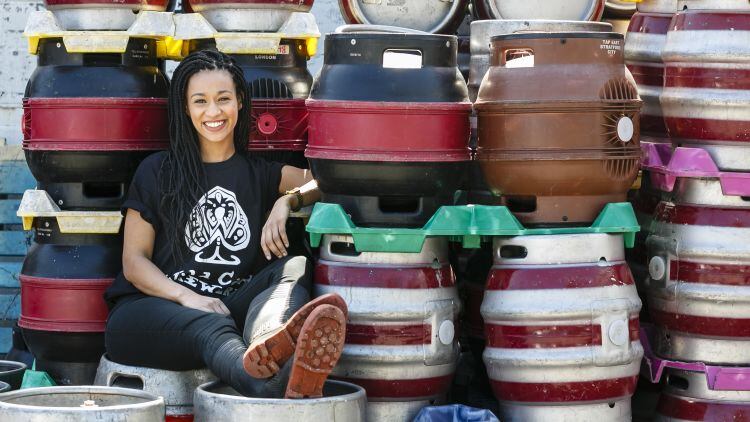
Best advice received
I’ve had lots of advice over the years but it has mostly been very technical advice and the general crux of it is just not being afraid to ask questions.
You shouldn’t be afraid to ask people who you admire quite direct questions, stuff that probably goes above and beyond what you probably should ask them because most people would love to share their knowledge with you.
If you can reciprocate or be on the receiving end of that, it can only benefit you and those around you.
Best advice given
I would honestly say ‘teamwork makes the dream work’. It’s not possible to do it all alone and how good of a team you have around you determines how good the outcome will be.
It's all about the team and less about the individual.
Challenges faced
The biggest challenges are not about being a woman – it’s always money.
The number one thing is money makes the world go round. It’s a lot easier if you have money because then you can make more money, it’s a lot more difficult starting without the big capital injection.
Have things changed for women since you started your career in the sector?
I'm really proud of the amount of women you see coming up in the industry.
There were very few female brewers when I started and now you see lots of women working their way up through the ranks.
They’re going to be the head brewers of tomorrow and the business owners of tomorrow, it’s really incredible to see it happening.
What barriers are there to still overcome and how would you suggest this is tackled?
All companies face the same problems – and it’s not just specific to the beer industry – but if we have more diversity at the top of companies, it makes a [big] difference. And it trickles down quite considerably to the rest of the team.
The big changes I would like to see is more women in management and leadership roles because it makes a big difference.
A lot of people have an unconscious bias of liking and hiring people that look like them and are like themselves, so even making sure your interview board is diverse will make quite a [big] difference to the outcome of an interview. These changes don’t have to be massive but they can make a big difference to the structure and make-up of the team.
How can the sector #BreakTheBias?
It’s all about the normalisation of women in beer, it shouldn’t be a thing if a woman chooses to take employment [as] a brewer.
It will be normalised when women up and down the country can be seen to have a pint normally and no one makes a comment on it then we’ll be in a different situation, until then, International Women’s Day is really important for the promotion and celebration of women, whether it be politically and socially.
Dr Emma Walker, Johnnie Walker Master Blender
Time in the trade
14 years across various roles in Scotch within Diageo.
Best advice received
The best advice is a collection of what I’ve learnt as opposed to a particular moment, especially from former Johnnie Walker Master Blender and industry legend, Dr Jim Beveridge.
Jim empowered our small team of 12 whisky blenders individually and helped develop our own talents and skills, something I want to emulate in my role, along with the diversity and freedom to express ourselves.
Best advice given
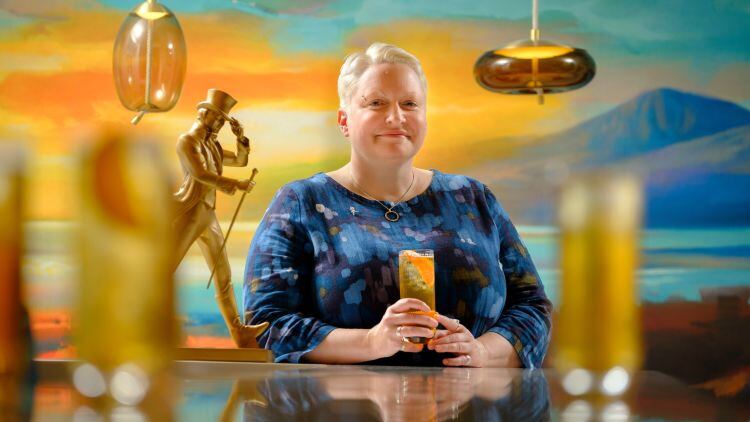
Don’t be afraid to ask how to do something and remember you are good enough to do a job or task - have confidence in your own abilities.
Challenges faced
Becoming Johnnie Walker Master Blender is my biggest challenge. It’s very exciting, but also terrifying; the weight of responsibility that comes with the name.
It’s an amazing brand with a wonderful heritage, and Johnnie Walker whiskies are loved all over the world, so I have to ensure this great legacy continues into the next 200 years.
Have things changed for women since you started your career in the sector?
I can only speak for Johnnie Walker and I am lucky to have had a very positive experience throughout my 14 years. The action Diageo and Johnnie Walker have taken in terms of diversity and inclusivity has been incredible, it is great to be part of an organisation that is so proactive.
Our team at Johnnie Walker has an even gender mix with strong female leadership, and the amazing Maureen Robinson, Buchanan’s Master Blender and Master of Malt for Singleton, has just celebrated her 45th Whisky anniversary.
I’ve always had great mentors and coaches across the genders, more generally though, I believe the world should be a more open, diverse place so everyone is comfortable being themselves.
How can the sector #BreakTheBias?
It’s important the whisky industry continues to talk about diversity in whisky, if you see someone like yourself doing a job, it’s easier to picture yourself in a similar role.
We strongly believe whisky is for everyone and we're encouraging inclusion and diversity in every sense, in the workplace, in our communities and with our consumers.
Progress is being made, but there is still a long way to go, which is why Diageo’s 10-year sustainability action plan, Society 2030: Spirit of Progress, has ambitious inclusion and diversity goals. We want to #breakthebias so it is a given women work in, and enjoy drinking whisky.
Laura Willoughby, Founder of Club Soda
Time in the trade
I started to do some research [which] led to Club Soda in 2015.
We were looking at how we can support pubs and bars to serve their mindful drinking customers better.
Best advice received
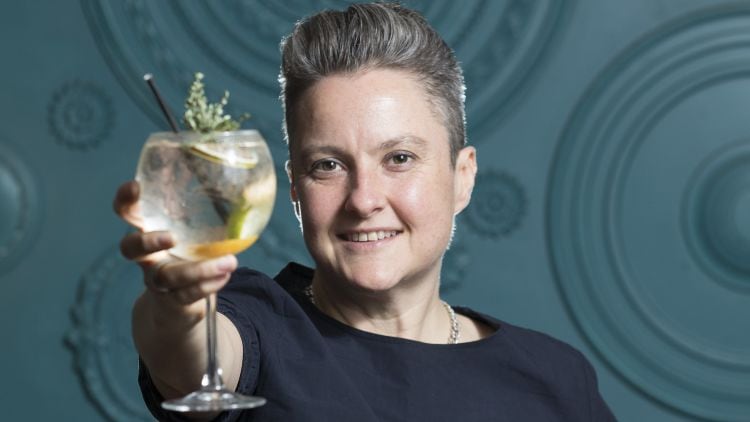
The best advice I’ve ever received, which all I’ve done with is completely ignore it, is to focus on one thing and do it well. I don’t do that at all. I focus on everything.
The best advice you are given doesn’t have to be the advice you follow but that has generally been proved to be true.
Best advice given
Keep things simple. Test your ideas out in a small way and get feedback from your customers, then you’ll know whether you’re getting things right. You don’t have to spend a lot of cash to work out what works for you.
Challenges faced
The whole finance investment system is geared towards people investing in people like them.
A large proportion of the people who have got money to invest tend to invest in men so only 10% of investment goes to women.
There’s a huge disparity in where people go for money and people perceive ideas by women as being soft, or not having mass-market appeal.
For example, when I was chairing a low to no conference there was an investor pitching session and the concept is geared towards young white neurotypical men. It’s a whole system that’s been set up to favour that particular group of people. I ask people to remember to look at the idea and the concept of investing and to not just look to invest in people who look like them.
However, this is not unique to the hospitality sector.
Have things changed for women since you started your career in the sector?
My career in the industry [has been] quite short so it’s hard to tell but I am seeing a huge number of women with big entrepreneurial spirit coming through, and a sector that's willing to face discussions around diversity and equality, which is really exciting and good for everybody.
There’s a lot of change coming because people are willing to stand up and say they want things to be different. That’s really exciting and bodes well for the sector.
What barriers are there to still overcome and how would you suggest this is tackled?
There’s a real shortage of staff in the sector and, still in Britain, hospitality seems to be not a desirable career choice. That really does have to change.
We have to look at how people can make a career in this sector. For me, the biggest thing is there is a job here for everybody – hospitality can make use of many different talents so we need to spot talent early and support it to rise to the top and make sure everybody knows that hospitality is a career worth taking part in and it is a solid career choice.
How can the sector #BreakTheBias?
It's about everyday interactions, [and] recognising even if you’re a diehard feminist, like me, you can still be biased because of your own experiences towards other people.
We are shaped totally by the people we meet in the world and sometimes they can be negative experiences but mostly they are positive experiences.
By making sure you’re getting out of your comfort zone and supporting somebody who you see that might have even a centimetre of talent, you can transform somebody’s life and career but also create and support new businesses; that’s really exciting.
From my career background in politics, I've been [an] inequalities campaigner all my life so I know it’s sometimes hard to see when bias is affecting people’s life chances, or their experience or the world around them stops them participating in things they may be brilliant at.
Every one of us makes a difference in how we open doors for people, how we see talents and encourage people, and how we must check our own biases at the door in order to make sure that people can flourish.
Becky Davies, Head of Commercial, Ten Locks
Time in the trade
10 years in hospitality and 10 years in spirits.
Best advice received
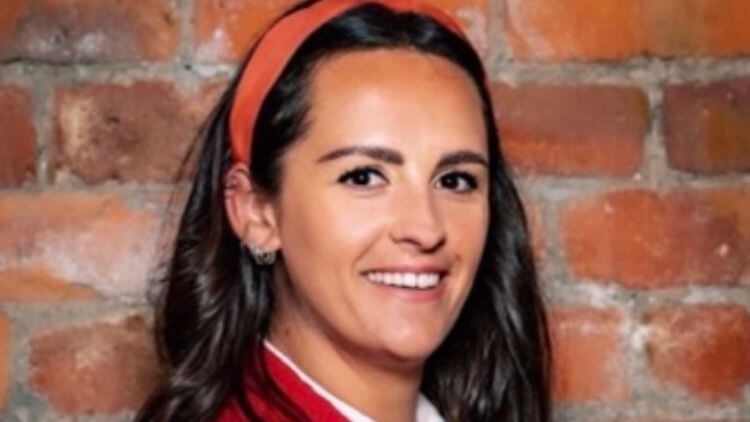
Always ask questions and read lots. You can never stop learning.
Best advice given
Just do it – and don’t be scared to make mistakes.
Challenges faced
During our first year as Ten Locks, we faced Covid, never-ending Brexit negotiations and the repercussions of these.
It’s certainly been interesting, and challenging, but as a result, we act quickly as a team, pivot where required, make quick decisions and ultimately, believe in ourselves even more as we stride forwards.
Have things changed for women since you started your career in the sector?
Change is certainly happening, but I often find myself in a room surrounded by men with me being the only female, that’s a little sad as the dynamic would be even better with a little more balance.
What barriers are there to still overcome and how would you suggest this is tackled?
When we recruit for salespeople, very few women come forward for these roles.
The ones that do are often fantastic - but I think there is a general stigma about women in sales, it would be great to see more women embrace these roles, and exercise the power and relationship-building skills they naturally bring to the role.
I find more women come forward for marketing roles, especially when they’re “behind the scenes”, and less about meeting people face to face. I can only suspect this is a confidence thing, or the legacy being marginalised or unheard in some places has left behind. I would LOVE more women to come forward, I would love more of a balance.
Often when a man is driven and ambitious, he is praised as a go getter, for a woman, the labels are different.
I’ve heard “selfish” and “out for herself” being used to describe bright, intelligent, ambitious and successful women who have – all too often – had to double down to get the roles and salaries they deserve.
Equally, if a man is confident and dominant in meetings he is seen as strong and a leader., whereas a woman is often seen as arrogant or aggressive.
This needs to change. Full stop.
How can the sector #BreakTheBias?
The perception of dog eat dog needs to be eradicated from the industry.
Sales is simply about relationships and a sales team should work together, not against each other, to achieve the common goal.
Pitting people against each other causes a negative atmosphere which doesn’t work in small teams and certainly doesn’t attract people who want to work more collaboratively.
The drinks industry is an innately global, diverse and a truly welcoming place and therefore one of the best industries positioned to set the standard.
As an industry we should showcase the incredible things are achieved when we embrace women.
At Ten Locks, we work as a team and continually empower each other in a supportive way wherever possible. The culture we have fostered is wonderful to see.
Alishia Thomas, Entrepreneur, founder of M0THER
Time in the trade
5 years
Best advice received
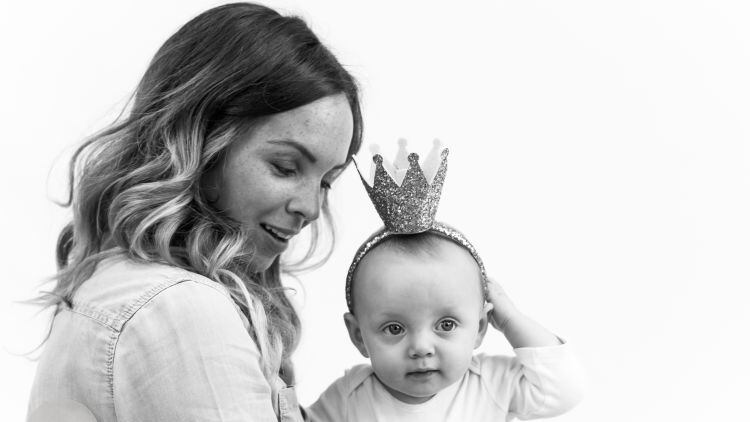
It’s your difference and uniqueness that make you stand out, don't be afraid to be bold and always dream big, but make it bigger.
Best advice given
Go with your gut and remember you’re never going to please every one, so start with yourself first.
Challenges faced
Balancing work and motherhood has been the biggest challenge yet, which is what led me to launching my freelance agency for mums, M0THER.
Offering flexible family-friendly working hours in the industry is such an important element of work-life balance for mums.
Have things changed for women since you started your career in the sector?
Generally the concept of more flexible working hours is getting better, it's probably only one of the positive things to come out of the pandemic as companies are finally starting to realise employees can be just as productive whilst working from home or doing a mixture of dipping in and out of the office, which for us mums is absolutely vital in order to be able to fit childcare around work, and everything else.
What barriers are there to still overcome and how would you suggest this is tackled?
The glass ceiling is still very much present in the workplace across many of the industries, which can include women missing out on important career opportunities because of family commitments.
Sometimes after all the hard work taken to move up the career ladder, and when a promotion is finally in reach, it's a difficult decision between being a mum and committing yourself to more demanding roles.
This can be tackled with more flexible working hours allowing for a better work-life balance, along with diversity hiring in companies.
How can the sector #BreakTheBias?
Flexible working hours is a step in the right direction for both men and women.
Ultimately my aim is to help change a system that isn’t working for mums, so they no longer feel like they don’t fit anymore.
I’m excited to introduce M0THER HQ to the working world and see what changes we can bring to the business world together as mums.
Katie Rouse - Director & Bartender Couch
How long have you been in the trade?
14 years in the hospitality industry, ranging from big companies to small independents, restaurants, pubs and cocktail bars but I’ve been working in cocktails for the last 10 years.
Have things changed for women since you started your career in the sector?
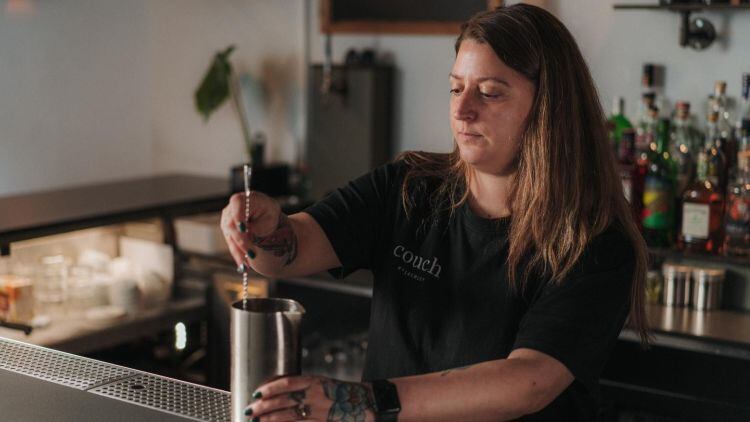
Things just keep getting better, thankfully.
Bartending in cocktails is far ahead of other sectors in hospitality.
I get more push back from customers presuming men are the operators and bar tenders than other people in the trade, there’s still a lot of work to do across the UK but I’m enjoying the path it’s going in finally.
I’ve seen the biggest difference over the last 4 years, the 10 years prior were a lot tougher and myself and other women would work ten times harder to prove we are worthy to be in the trade and can handle the hours that come with this job.
Best advice received
To work in an environment that breeds creativity, there’s so many places [which] have limits on how involved you can be in your venues concept and I’m really lucky to have had managers in the past who have let me delve into the bars development and drinks creation.
Never presume you’ve made it, you should always try to be better at your trade and take inspiration from all the talented people around you, keep evolving in the ever-changing industry and never stop learning more about what you find exciting.
Best advice given
Work with people with varying backgrounds and experiences. It allows you the opportunity to be challenged with fresh perspectives and the opportunity to grow both professionally and personally.
What barriers are there to still overcome and how would you suggest this is tackled?
The working hours and environments in hospitality scare off a lot of people who would love to pursue bartending as a career, but I think a lot of people reach barriers when they want to start a family, have a better work and social balance and to constantly appear stronger to keep up appearances to be held respected in your industry, which is usually harder for women but I know it’s not just women who have the same struggle.
I did put on a ‘tougher than bricks’ persona for a lot of my career to stand strong against the male bar tenders and you can lose your own identity in that strategy, I hope no one else has to go through this now things are starting to change.
How can the sector #BreakTheBias?
As much as women should continue to be seen as equals and it’s very long overdue, I don’t think the hospitality bias will seriously improve until we create safer work environments for non binary, transgender and LGBTQ+ people, it’s only one small step forward into respecting people for their talent and as an individual.
In our case, and many others, we don’t get the opportunity to hire many interested candidates who aren’t men, we can change this by catering our job adverts to be more inclusive, to support charities and promote a better working environment to help drive a more diverse group to your venue.
You should always hire the best person for the job but I very much feel there’s a large amount of people who wouldn’t apply in the first place, using more inclusive language in recruitment is a great start to making this change.
Klára Kopčiková, Bar Manager at The Pineapple Club
How long have you been in the trade?
Just over three years.
Best advice received
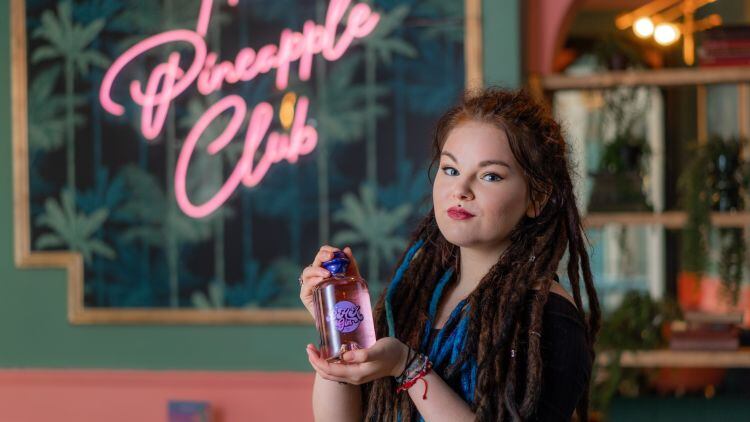
I’ve got two – ‘a calm bartender is a fast bartender’ and ‘treat everyone as your equal because everyone knows something you don’t’.
Best advice given
Only those below you will put you down, follow those who let you grow.
Challenges faced
Being a young woman taken seriously in an industry like ours can be challenging.
I’ve been called arrogant and demanding before behind my back simply because I had my own opinion and didn’t always settle for less.
I saw the difference in the way I was treated compared to what my male colleagues were treated like [and]] I’ve seen women around me leave their jobs and careers for those exact reasons.
Building your reputation as a woman isn’t impossible, but it’s harder in certain ways.
Have things changed for women since you started your career in the sector?
In the short time I’ve been in the industry, I’ve mainly seen an improvement in women being able to fight for ourselves.
We are louder, we don’t settle for less, we are fighting for equality and showing we are just as good.
The Pineapple Club is a female led bar with 80% of staff being female too, [not] because we preferably hire women, because this is the team we built based on their performances, dedication and hard work.
We work just as hard and we are finally being recognised for it.
What barriers are there to still overcome and how would you suggest this is tackled?
Our industry is still extremely selective of people based on their age, race, physical and mental health.
I would love to see more management teams taking active steps towards creating a healthy and friendly working environment regardless of those factors by implementing days for mental health, help lines, proper breaks on shifts, enough time off etc.
How can the sector #BreakTheBias?
Bar work can be incredibly mentally and physically challenging.
Working long shifts with very little time in between them, working mainly social hours and not having time for friends and family isn’t uncommon in most places and it really can take a toll on anyone.
At the moment, it feels like this industry is saved for those of us who are willing to sacrifice more than anyone should, making hospitality the sole purpose of one’s life.
Making sure hospitality workers have enough time off, and are offered help with their personal struggles if they need to, same as not being scared to ask for help would make a massive difference and really open the doors to the industry for a lot more people.
The Morning Advertiser’s International Women’s Day coverage is sponsored by Peroni Nastro Azzurro, which is an Asahi UK brand. Asahi UK is home to an exceptional portfolio of premium beer, ale and cider brands, including category leaders in the UK.
The range includes international brands Peroni Nastro Azzurro, the No.1 Super Premium lager in the UK with every drop brewed in Italy; Japan’s No.1 beer, Asahi Super Dry, and firm favourite for the UK, Grolsch.
A portfolio to be envied which also includes local heroes: Fuller’s London Pride, Meantime, Dark Star and Cornish Orchards. Asahi UK’s focus is on enriching experiences for our customers and consumers through innovation, unrivalled service and offering brands with undeniable quality and provenance.
Asahi UK believes that every business has a responsibility to understand and act upon its environmental impact and we continuously work towards sharing more information with our suppliers, customers and consumers about both the footprint of our beers, and how we are working to reduce it.
Our place in the local community is highly valued and we strive to ensure that we are always making a positive contribution to the communities in and around our UK Breweries. For more information on Asahi UK and parent organisation, Asahi Europe International visit www.asahibeer.co.uk.


